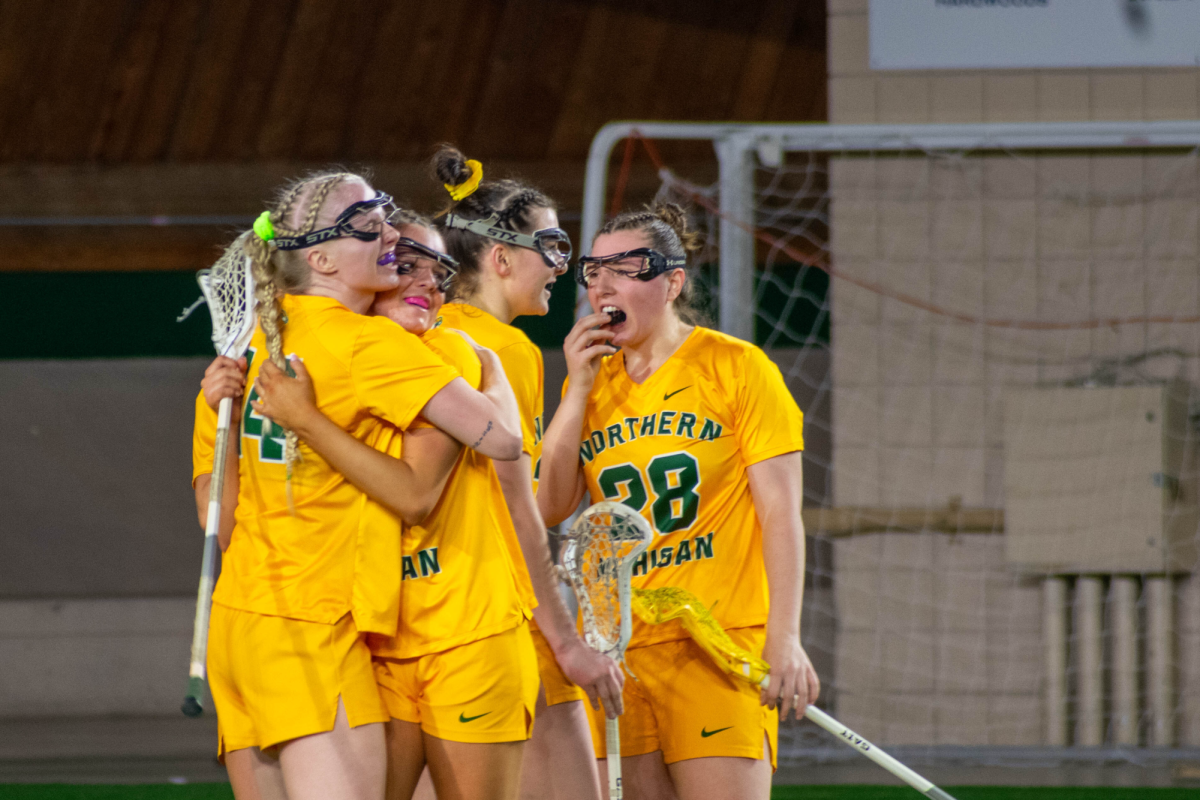Alina Fernandez, Fidel Castro’s daughter, remembers the drastic changes that took place when her father took over Cuba.
“Everything began with something called revolution. ‘Long live free Cuba’ thundered in the streets,” Fernandez said during her speech in the Great Lakes Rooms on Tuesday, Oct. 14.
Fernandez was four years old when the Cuban Revolution took place in 1959 and said she could recall watching American cartoons and viewed the sudden change in programming from Mickey Mouse to the execution of Castro’s political rivals.
From then on, Fernandez said, there were no more cartoons on the television.
“We had two channels: no American cartoons. ‘Long live free Cuba’ became ‘To the wall!’-executions. You were either with the revolution or against (the country),” she said.
Fernandez said the Cuban Revolution was supposed to resolve social problems, but that no improvements occurred.
“All institutions were systematically destroyed, soon followed freedom of the press and expression,” she said.
Even though Fernandez was not aware that Castro was her father until the age of 10, she said he often visited her mother in the evening.
“(He was) the man who one night stepped out of my TV and into my living room. He offered me a doll disguised as him, a bear with a green hat and beard,” she said
Fernandez would later deny her relation to Castro to Cubans who came seeking aid, hoping that Fernandez could relay a message to the seat of power.
“You must be in real desperation when you’re hoping a child can solve your problems,” she said.
Instead of solving the problems of the people, the revolution only put more people under the scrutiny and control of the government, Fernandez said.
“(The government) controlled the press, mail and phone lines so you couldn’t communicate with other countries until AT&T changed that in 1994. If you tried to do something to improve (your life), you were sent to jail,” she said.
Everything became state-owned and sanctioned, she said; the government relocated individuals and families and told them where to live and what their occupations were.
“Whatever a farmer produced, it belonged to the state. Farmers would go to jail if they were caught selling to the individual,” Fernandez said.
As Fernandez aged, she had dissenting political views from that of Castro, which was dangerous even for one of his relations. But it was more than just differing views that made her want to leave Cuba.
“My daughter was unable to receive an education,” she said.
“I (left) disguised as a Spanish tourist. That was December 1993, and my daughter followed before the New Year,” Fernandez said.
In the United States, Fernandez realized that Cuba’s image is different than what she was originally led to believe when she was still living in Cuba.
“Every day (in Cuba), you’re told you are a symbol of resistance to the American empire, as if the world wakes up every morning looking at Cuba through a magnifying glass,” she said.
Fernandez said she is now considered an enemy of the Cuban government because she speaks out against it.
























